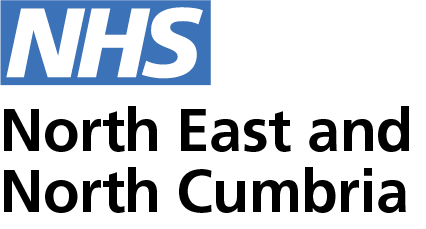Health leaders welcome expanded community pharmacy role to help patients get quicker and easier access to healthcare
Health leaders across the North East and North Cumbria have welcomed plans to expand the role of community pharmacists to make it easier and faster for patients to get the help they need.
The expansion of pharmacy services is just one part of a wider national 'primary care recovery plan', released by NHS England, which includes new GP phone systems, improving the NHS app and GP speciality training.
The new plans will enable local community pharmacists to offer over the counter advice and prescribed medication for many common health conditions including earache, sinusitis, shingles, sore throats and minor urine infections.
Women will also be able to go to their local high street pharmacy to be prescribed the contraceptive pill instead of having to book a GP appointment.
Patients across the region have already started to benefit from services provided by pharmacists that would have, in the past, been treated by a GP including a scheme to enable women aged 16-64 to be offered over the counter pharmacy advice and treatment for minor urinary tract infections (UTIs).
Medical director for the North East and North Cumbria Integrated Care Board (ICB) Dr Neil O'Brien said: "Community pharmacists are highly trained health professionals and are well placed within our local communities to give advice and treatment for many minor infections and illnesses.
"This offers a more convenient service for patients but also helps to free up GP practice time to provide enhanced care for the people who need it most.
"And we have already seen the success that can be achieved by working closely with local community pharmacies with our regional UTI scheme, which has to date treated over 15,000 patients and seen a reduction in antibiotic prescribing of 47 percent."
Dr O'Brien also detailed the huge amount of work, already underway across the region, to improve additional aspects of primary care access for patients.
"Our GP practices, working together as local networks, have added extra appointments, outside their normal working hours," added Dr O'Brien.
"This has increased the number of evening and weekend slots by up to 30 per cent in some areas since autumn last year.
"Investment has also been made in better telephone systems and triaging, more online video and telephone appointments, including early mornings, evenings, and weekends and increased online access to appointments, ordering repeat prescriptions and viewing test results.
"Of course, there is much more to do and we await further details of the recovery plan as it emerges, but we are looking forward to working with colleagues across the region to build on the good work already underway to develop even better access and services for our patients.
Delivery plan for recovering access to primary care here.
Find out about the ICBs community pharmacy UTI service here.

